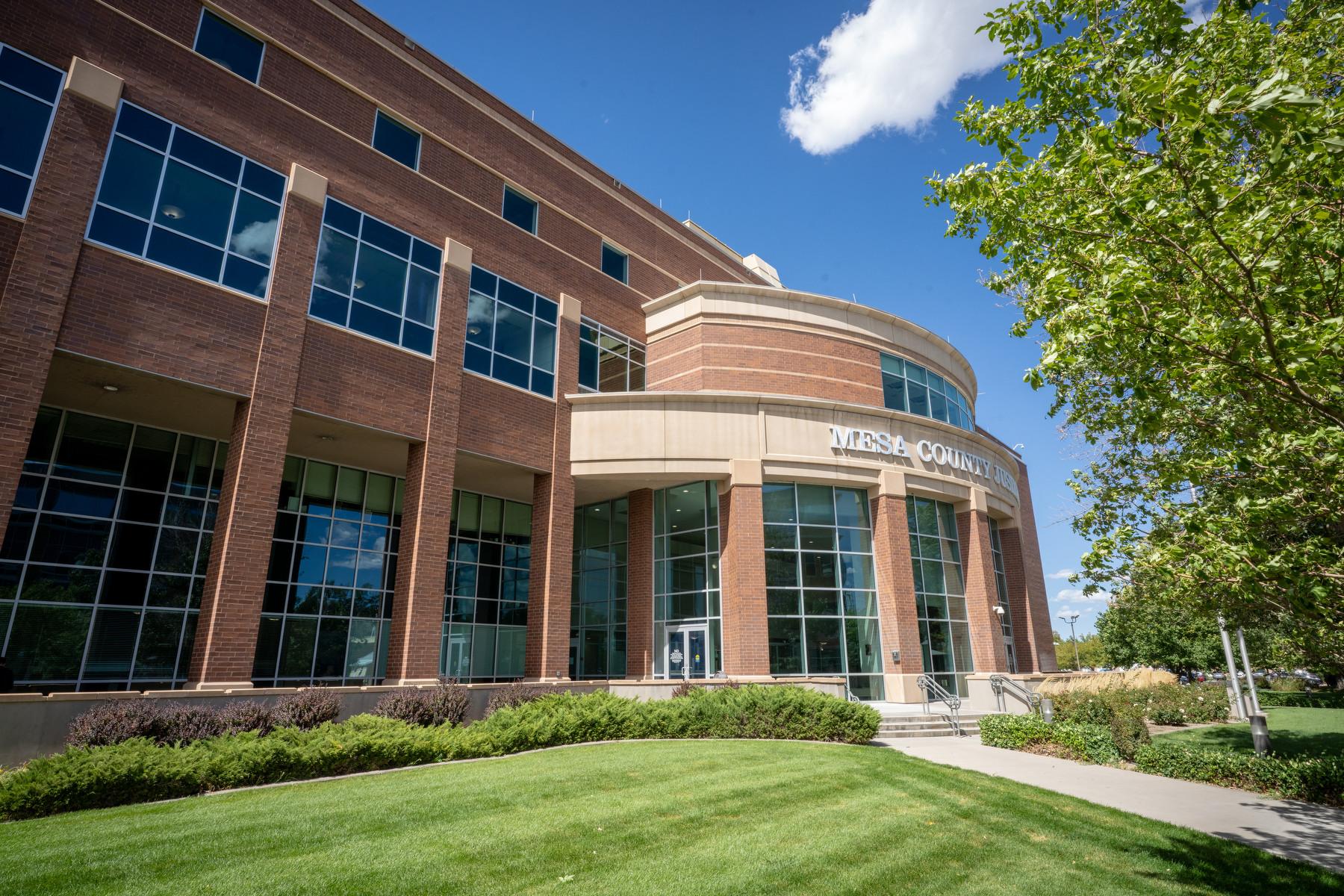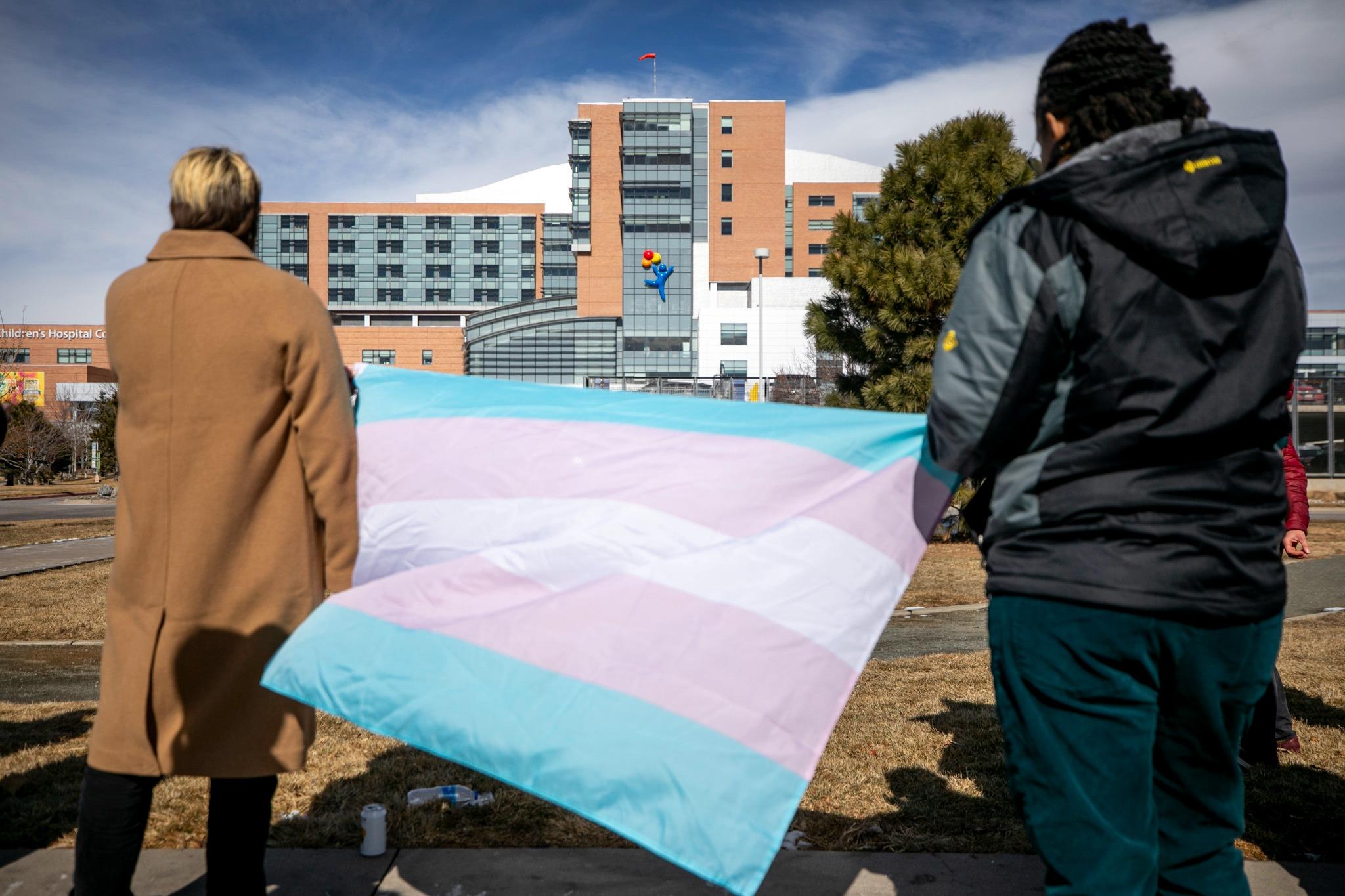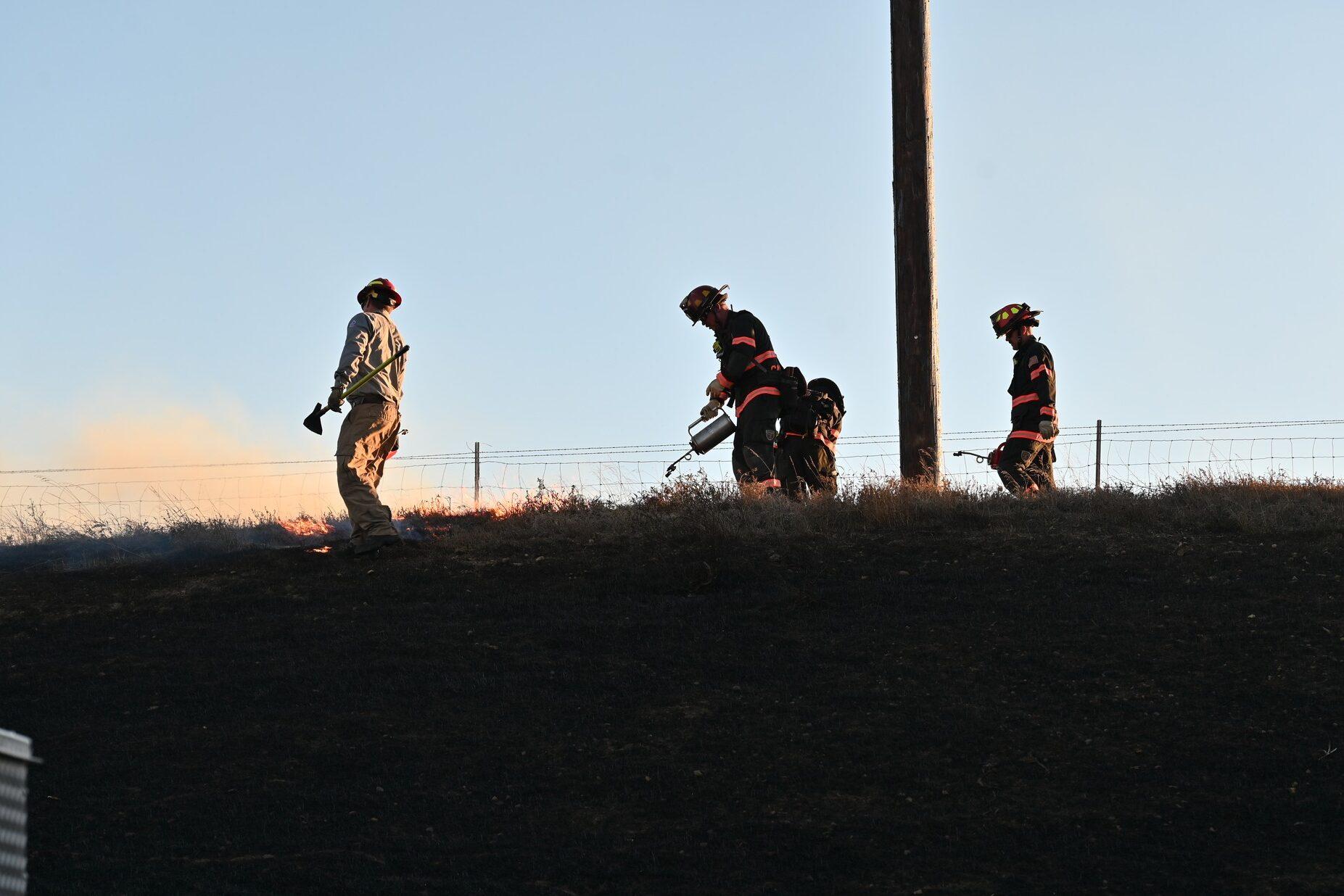
Analysts told lawmakers on a key budget committee that taxes on marijuana sales could bring in $50 million this fiscal year, increasing to $150 million two years from now.
Under the constitutional amendment that legalized recreational marijuana, the first $40 million the state brings in each year from excise taxes has to go to school construction.
But at least one lawmaker is sounding a cautious note.
Democratic senator Pat Steadman of Denver believes any extra funds are needed to study the potential impacts of legal marijuana on public health, criminal justice and the child welfare system.
“As far as whether the remainder of the revenue is a windfall to the state, I think it’s too soon... I think the jury is still out," Steadman, who sits on the Joint Budget Committee, said.
State analysts won't have hard data based on actual sales of recreational marijuana for a few more weeks.
Retail sales of non-medicinal marijuana started on January 1st of this year.
Last November Colorado voters approved a 15-percent excise tax and an initial 10 percent special sales tax on marijuana. This is in addition to the standard sales tax of nearly 3 percent and local taxes.









